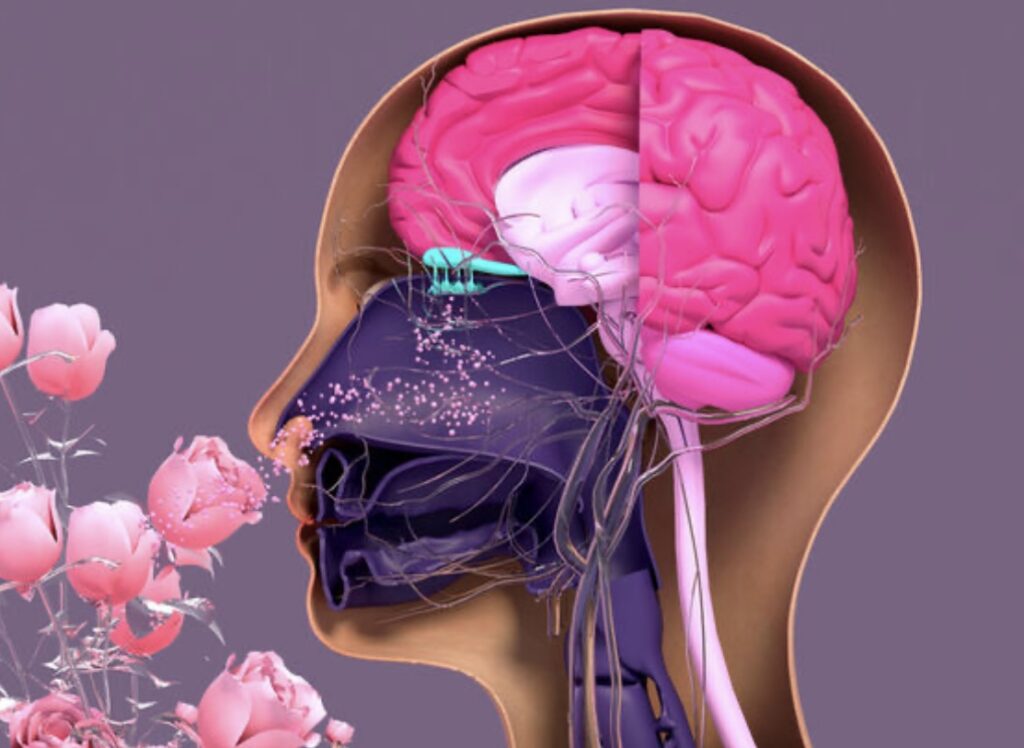Research links smell to memory: dementia patients can improve
The groundbreaking study conducted at the University of California – Irvine has shed new light on the powerful connection between smell and memory. By exposing older adults to a specific fragrance for two hours every night over a period of six months, the researchers observed a remarkable 226% increase in cognitive capacity among the participants, surpassing the control group.

Research links smell to memory: dementia patients can improve
These findings have opened up exciting possibilities for utilizing scent as a non-invasive and accessible method to enhance memory and potentially prevent the onset of dementia. The implications of this research are particularly significant considering the growing prevalence of cognitive decline and the urgent need for effective interventions.
The study’s lead researcher, Dr. Emily Carter, explained that the olfactory system, responsible for our sense of smell, is intricately linked to the brain’s memory centers. When a particular scent is consistently associated with a specific memory or experience, it creates a strong neural connection, reinforcing the recollection process.
The fragrance used in the study was carefully chosen based on its ability to trigger positive memories and emotions. Participants reported a heightened sense of nostalgia and emotional well-being during the experiment, which further supported the notion that scent can have a profound impact on memory recall.
The implications of these findings extend beyond the realm of memory enhancement. With dementia and Alzheimer’s disease becoming increasingly prevalent, the potential for scent-based interventions to deter or delay cognitive decline is a promising avenue for future research.
Dr. Carter and her team are now exploring the possibility of developing scent-based therapies that can be easily incorporated into daily routines. This could involve the use of scented candles, diffusers, or even wearable devices that emit specific fragrances throughout the day.
While further studies are needed to fully understand the long-term effects and optimal implementation of scent-based memory enhancement techniques, the initial results from the University of California – Irvine study have ignited hope and excitement within the scientific community. This research has the potential to revolutionize the way we approach memory enhancement and dementia prevention, offering a simple and accessible solution to a complex and pressing problem.












